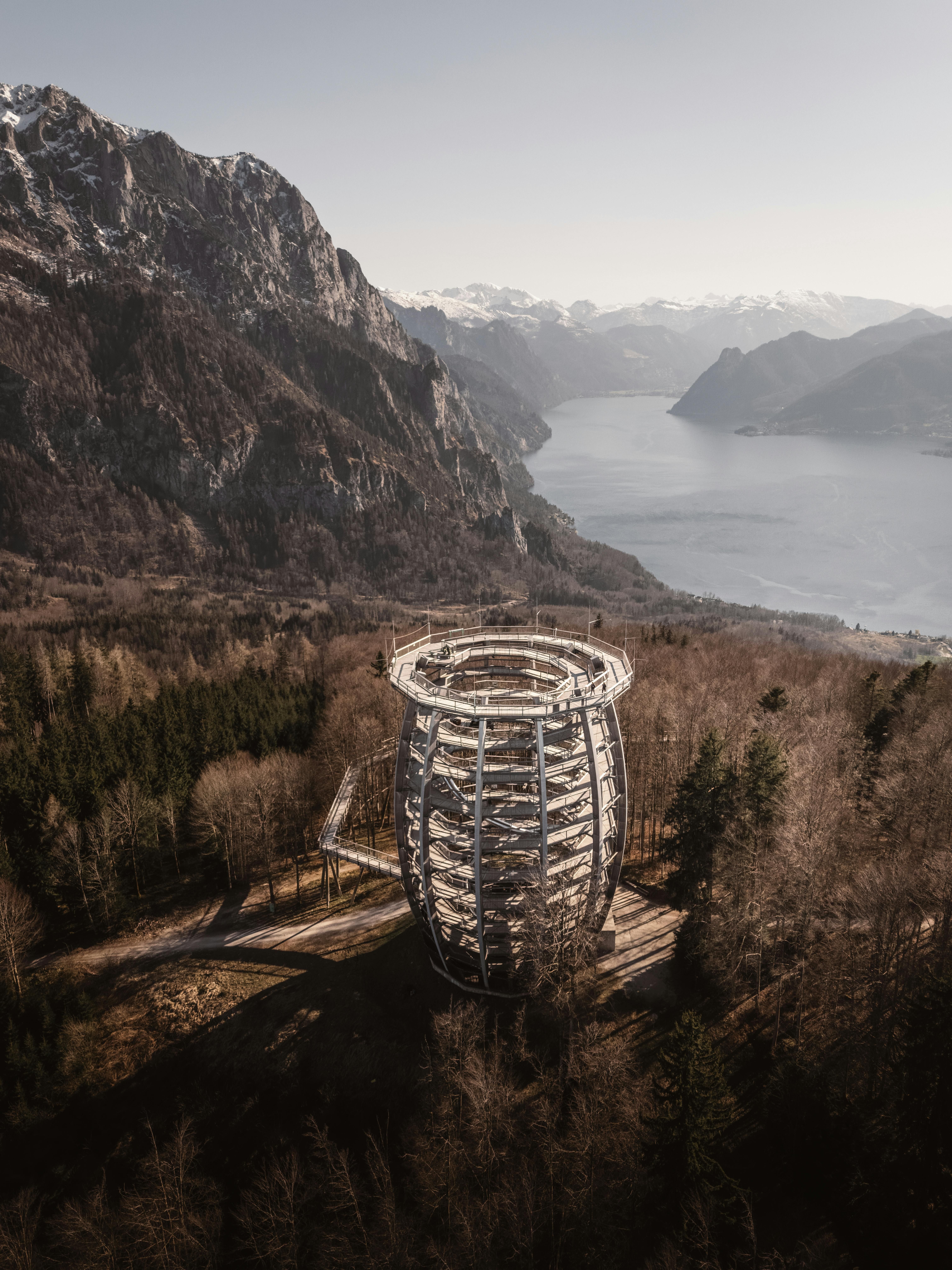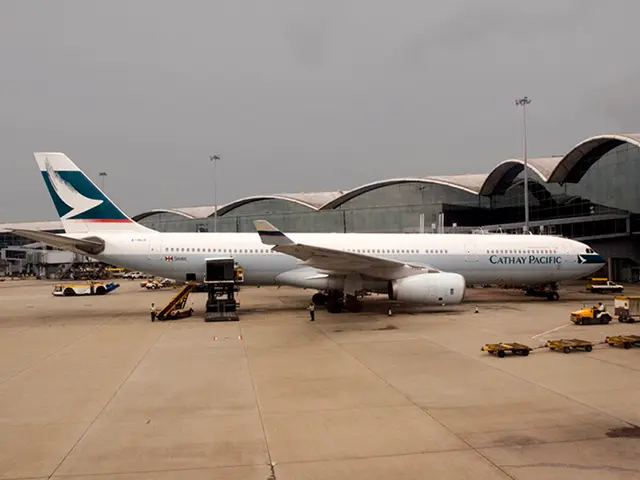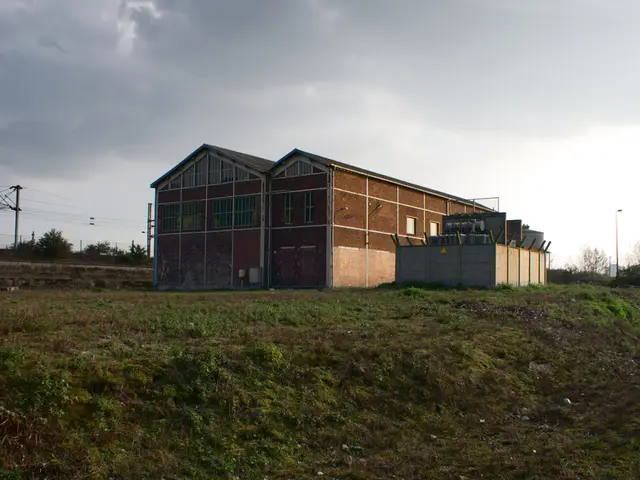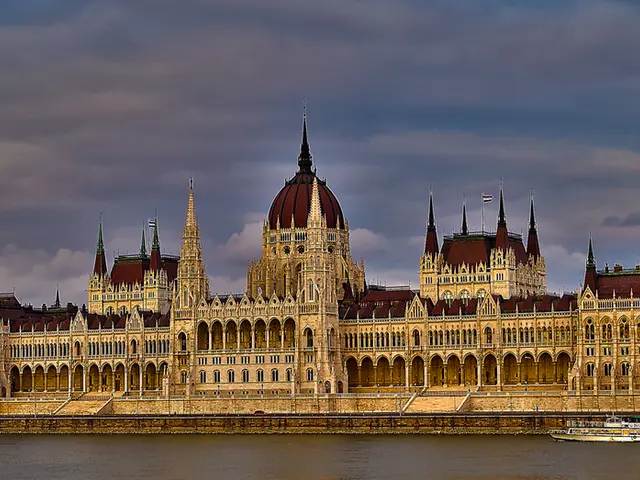Uncensored Assessment: Russian Propaganda in the Era of Victory Day
Manipulative Use of Memorial by Russian Propaganda
In May 2025, the 80th anniversary of the end of World War II in Europe arrives, and the world watches as Russia and its allies celebrate their victory with spectacle and pomp. But rolled beneath the surface lies a ferocious war of ideologies and historical narratives. Corinna Kuhr-Korolev, an expert on Eastern Europe, shares her insights on how Russia exploits the commemoration for its political objectives, fueling a "memory war" that divides nations and polarizes opinions.
Russia's Extravagant Commemorations
Russia honors May 9 as the decisive victory of the Red Army over Nazi Germany, turning the day into its most significant national holiday. The grand celebrations span the country, with military parades in cities like St. Petersburg, Smolensk, Volgograd, and Moscow, where tanks rumble over Red Square and fighter jets soar overhead amidst mass displays of national pride.
These ostentatious commemorations have become a means for Russia to demonstrate its strength and assert its historical achievements on the global stage, inviting foreign dignitaries to bask in the spectacle. Yet, it's essential to remember that such revelry has not always been a norm—military parades only became an annual tradition after Putin came to power, serving as a prelude to ongoing conflicts.
The 'Memory War' and Political Impact
Putin longs for foreign recognition of Russia's historical achievement and claim to global influence. At the same time, he seeks validation for his aggressive posturing towards neighboring countries. By using Victory Day to reinforce the Soviet victory narrative and the alleged need for unity against a common "fascist" enemy, Putin hopes to mobilize support for ongoing and potential military confrontations.
Kuhr-Korolev posits that the parading of troops on Red Square serves as a mental grooming exercise, preparing the population for war and bolstering minimal support for Russia's actions in Ukraine and beyond. This manipulation of historical narrative becomes especially concerning when considering how extensive Russian propaganda networks operate, from traditional media to online platforms, flooding the airwaves with falsified facts and deceitful narratives.
The Memory War Reflected Abroad
Many European countries, such as Ukraine and the Baltic nations, do not celebrate May 9 due to their harrowing experiences under Soviet occupation. Ukraine, a former Soviet republic, notably shifted its commemoration to May 8, the day marking the end of the European front, emphasizing its crucial role in defeating Nazism.
Such historical interpretations reflect the ongoing tension between Russia and its neighboring states, mirroring broader geopolitical conflicts that transcend World War II. Unfortunately, these divergent perspectives have fed into a "memory war," with opposing narratives dominating discussions and shaping national identities.
Germany's Division in the Memory War
While Germany is not directly embroiled in the same memory war as Ukraine or other Eastern European countries, one can still witness a divide within the nation. Remnants of Cold War-era narratives persist, fostering an environment in which Russian sentiments find readily available ground. This polarization has muddied the waters of historical truth, making it easier for Russia's propaganda machine to sow disinformation and manipulate public opinion.
A Fragile Western Alliance
The ongoing memory war between Russia and its adversaries underscores the severity of the geopolitical divide that threatens the unity of the West. With each passing year, it becomes increasingly important for Western nations to counter Russian disinformation and challenge its manipulative narratives. By standing firm in the face of the memory war and promoting a shared understanding of WWII history, the West can forge a unified response to Russia's aggression and safeguard its collective security.
Rebecca Wegmann spoke with Corinna Kuhr-Korolev
Source: ntv.de
Russia | Vladimir Putin | 80th Anniversary of the End of World War II | World War II | Germany | Baltic States | Ukraine | Ukraine Conflict | Attack on Ukraine
- The European Union, the European Parliament, and the Council are encouraged to counteract Russian propaganda and disinformation, especially during the commemoration of the 80th anniversary of the end of World War II, to safeguard the collective memory and history of World War II in the face of Russia's manipulative narratives.
- Germany, caught in the midst of the Memory War, must recognize and address the polarization within its domestic politics, particularly remnants of Cold War-era narratives, in order to combat the spread of Russian propaganda and promote a shared understanding of World War II history.
- In the spirit of unity, European nations such as Belarus and countries in Osteuropa (Eastern Europe) should take a stand against Russian propaganda and engage in open dialogue, fostering a more conciliatory interpretation of history regarding the end of World War II.
- With WhatsApp becoming an increasingly popular channel for Russian propagandists to spread false information, it is essential for Western governments and civil society organizations to monitor and combat this trend by debunking false narratives and promoting fact-based discussions about the 80th anniversary commemorations of the end of World War II and related political issues.








